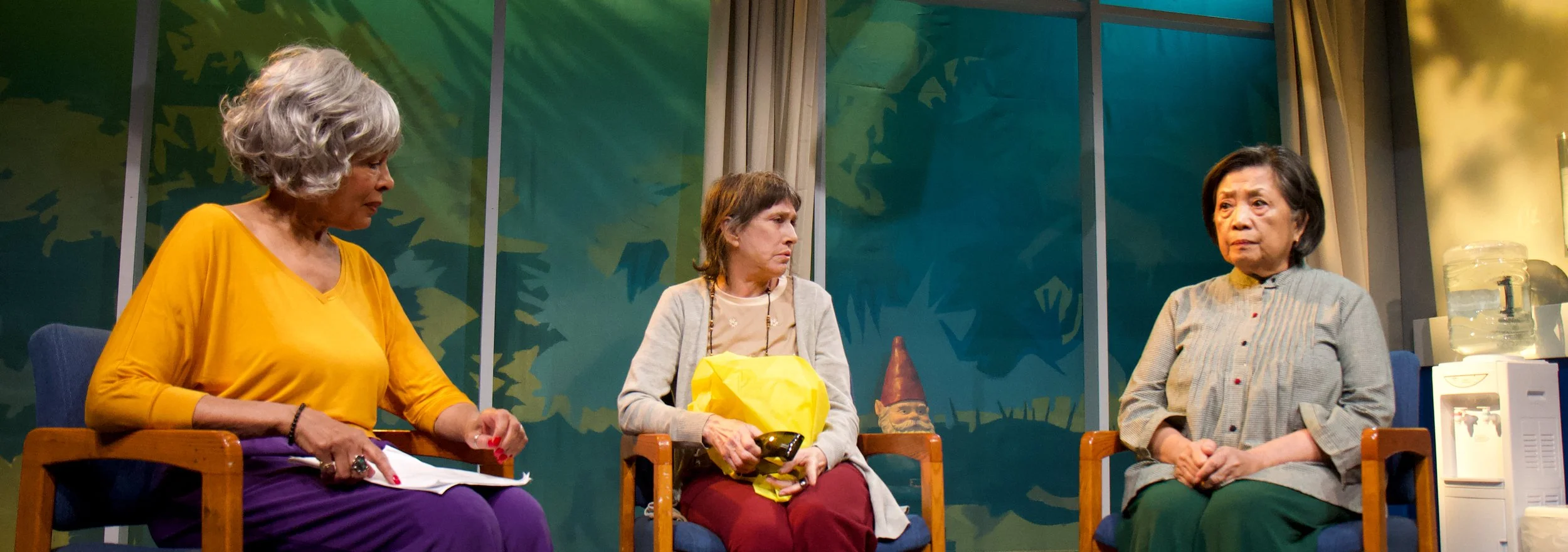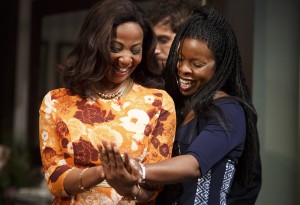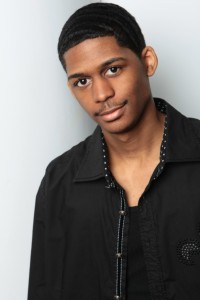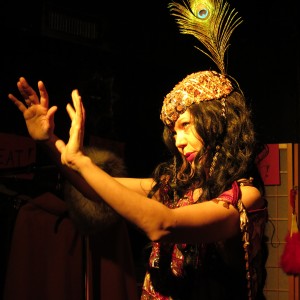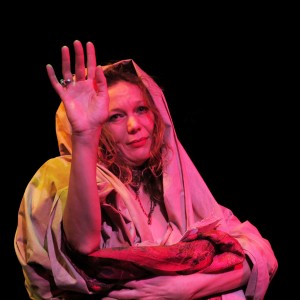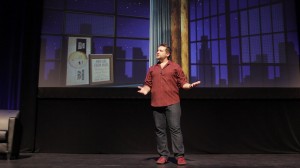Stop for a second and think about the way in which one interacts with one’s family, the way one assimilates to one’s society, how one honors one’s ancestors, how one speaks one's truth, and most importantly, how one heals oneself. Familiar, written by Obie Award winner Danai Gurira, challenges its audiences to think of all these situations. However, it is also a play that one must watch in order to fully understand how it can be powerfully healing and a life-changing experience for the audience.
Directed by Rebecca Taichman, Familiar tells a story of a Zimbabwean family living in Minnesota. The eldest daughter, Tendi (Roslyn Ruff), is getting married in a matter of days, and her rehearsal dinner is in a matter of hours. As the family prepares for the rehearsal dinner, Tendi and her fiance Chris (Joby Earle) announce to the family that in addition to a traditional Christian wedding, they are including a Zimbabwean ritual. This unexpected turn causes secrets to be revealed, old wounds to reopen, and forces the family to speak the truths about the past.
Although not based on her life, Gurira draws upon her own experience to create a credible script. Similarities between her life and the script includes how her Zimbabwean family also moved to the U.S. and how she was raised in Iowa while the family in the play live in Minnesota. In addition, the script allows the actors to unapologetically speak Shona as she presumably also did in her household. Unlike other shows that often translates anything other than English, Familiar takes advantage of an opportunity to be authentic, as well as give any audience member who speak Shona a small taste of home.
The ensemble includes, the father Donald, played by Harold Surratt, who grounds each scene with subtle facial expressions and dialogue. Myra Lucretia Taylor as Anne, Tendi’s aunt, is a strong and demanding presence on stage that is the main person connecting the family back to Zimbabwe heritage and ancestors. Anne’s sister Margaret, played by Melanie Nicholls-King, is the glue that keeps the family under control, even when she might feel her own life is falling apart. A definite gem in the performance by being the character that continually handles her sisters Anne and Marvelous (Tamara Tunie), as well as continually attempting to keep everyone calm. Ito Aghayere as Tendi’s sister, Nyasha, whose relentless need to bring the family back to their traditions heals the family. Her energy and enthusiasm propels the play forward and brings it back to a nourishing place.
The ensemble's chemistry and impeccable timing is a tremendous success to the production. Ruff and Tunie exhibit the vulnerable bond between mother and daughter. To balance them out are the future family members, “white boy from Minnetonka,” Chris (Earle) and his brother Brad (Joe Tippett). Their natural comedic interactions add to the play and cause the audience to laugh and scream in enjoyment. Overall, it is the ensemble’s conversations and arguments that encourage open discussion about past family issues, current events and pushes the audience to question their own lives.
From any seat, the audience can see all aspects of the highly-detailed set designed by Clint Ramos. Marvelous’ and Donald’s house is two floors with hallways, real doors and family pictures lining the wall. It is a breathtaking set that anyone would want to live in, including the audience who sit in comfortably cushioned seats, as if sitting on individualized mini couches. To support this design, Obie Award winner and lighting designer Tyler Micoleau incorporates the lights into the structure of the set to allow it to seem natural. Even the window is lit so that it appears as if looking out on a snowy day in Minnesota.
Another noteworthy design element was the sound design by Tony Award winner Darron L. West. During intermission, the recordings of celebratory Mbira music by the Shona people of Zimbabwe filled the theater. With a very hectic and hilarious ending to Act One, the traditional music played during intermission is a great way to gently introduce the audience to Zimbabwean music, as well as connects with the Mbira that is presented by Nyasha during the performance.


